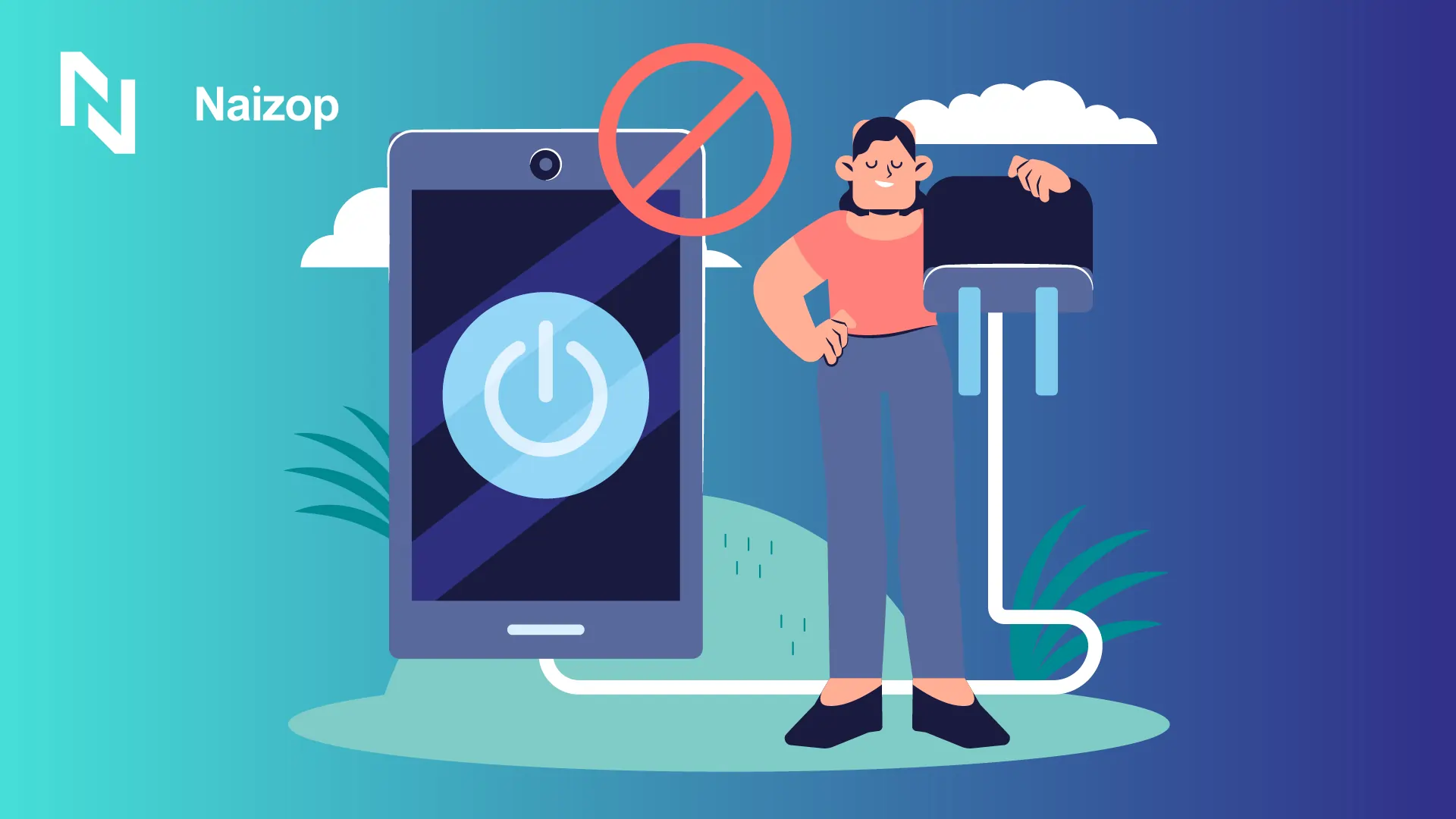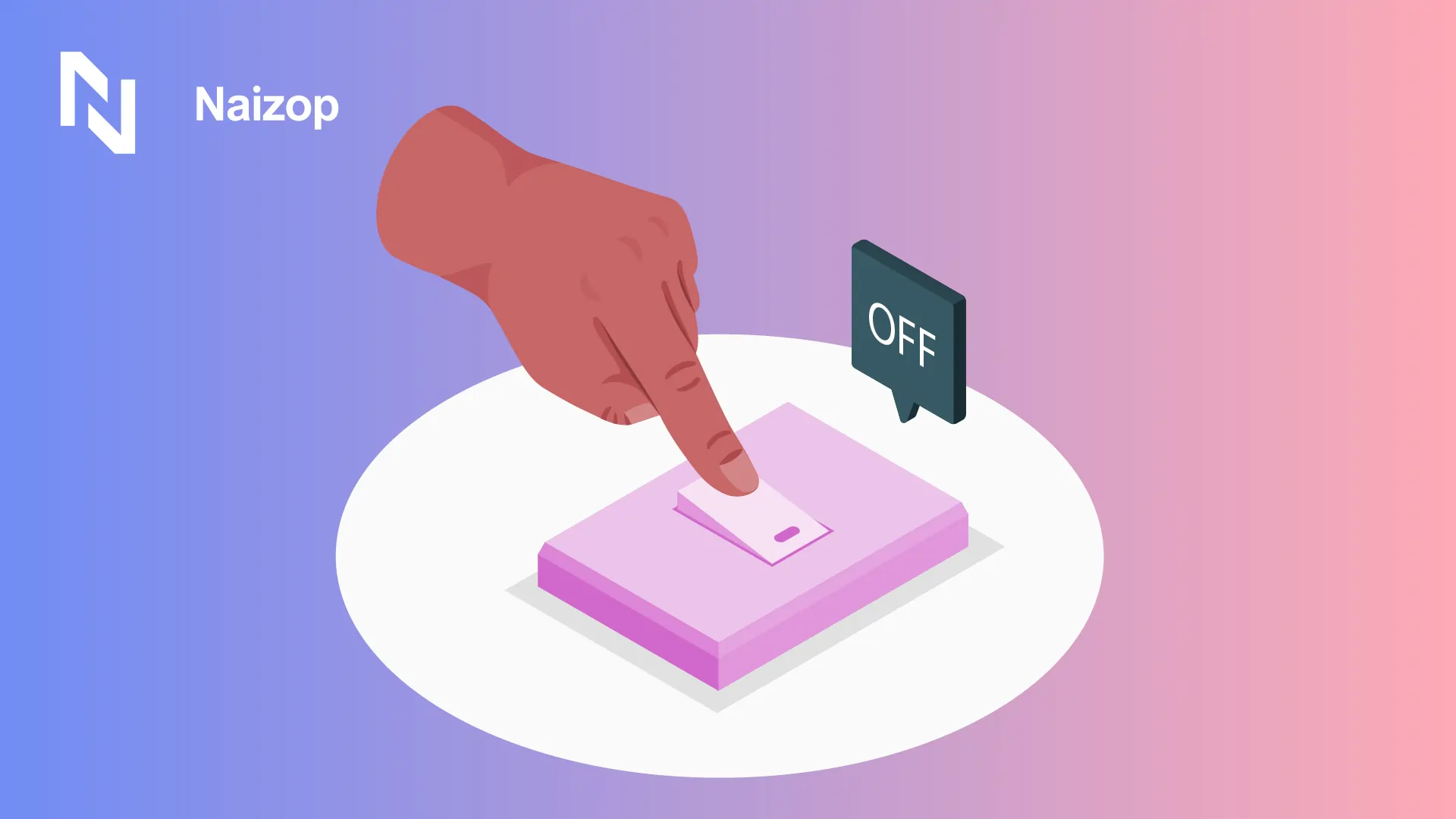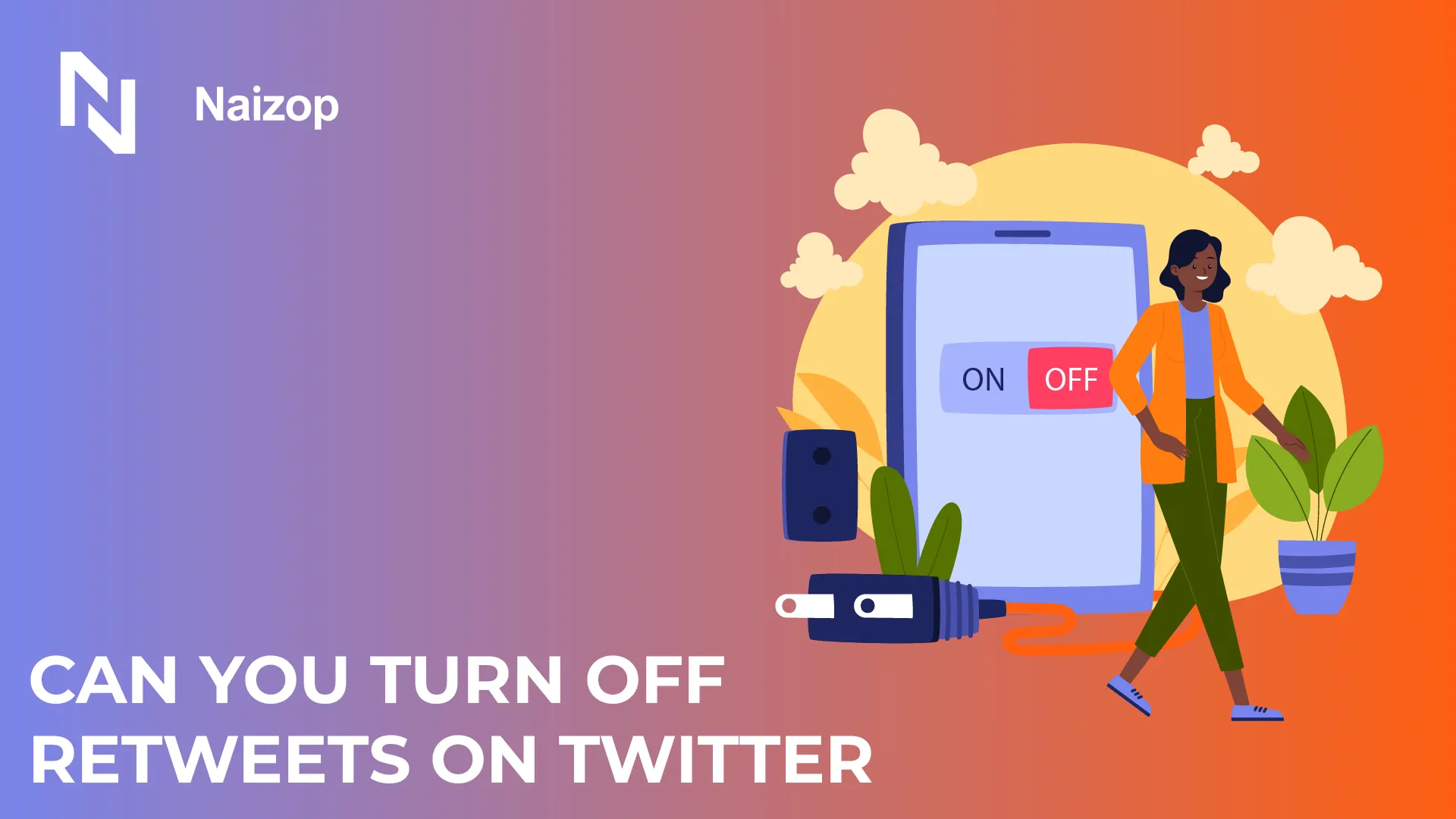Ever scrolled through Twitter and thought, “Why am I seeing this stuff?” You’re not alone. Retweets can turn your feed into chaos fast.
So, can you turn off retweets on Twitter? Kind of - but not exactly how you might think.
If you're tired of random posts flooding your timeline, don’t worry - we’ve got simple ways to fix it. From muting to blocking, there are tricks that help you stay in control.
And hey, if you actually want more eyes on your own tweets, sites like Naizop can help you get noticed.
Let’s break down how to clean up your feed the easy way.
Can You Turn Off Retweets on Twitter? Here’s the Truth

So, can you turn off retweets on Twitter (X)? Technically, you can’t stop people from retweeting your tweets completely, but you can control what you see.
Twitter gives you a few tools to help manage retweets and keep your feed less noisy.
If you’re wondering how to disable retweets on Twitter or how to stop seeing random reposts from someone you follow, there are smart settings you can tweak.
While it’s not a one-click “off” switch, there are ways to block, mute, or adjust what shows up.
These little tricks make Twitter feel more personal, and if you’re someone who posts often, learning how to manage retweets settings Twitter can make a big difference.
Why You Might Want to Limit Retweets
Not all retweets are helpful. Sometimes they clutter your feed, show you things you didn’t ask for, or just feel overwhelming.
Here are a few real reasons people start looking for ways to control them.
Too Much Noise
When every person you follow starts retweeting 10 different posts a day, your feed turns into a flood. It’s hard to find original tweets from the people you actually care about.
That’s why many users choose to mute retweets from someone on Twitter - it helps clean things up fast without unfollowing anyone.
Off-Topic Content
Let’s say you follow someone for tech news, but now your timeline is full of sports highlights they’ve retweeted.
That switch-up can be annoying. You can hide retweets from timeline Twitter to stay focused on the topics you actually followed them for.
Avoiding Drama
Sometimes retweets bring in hot takes, controversial posts, or political rants you just don’t want to see.
If you’d rather keep things chill, you might want to turn off retweets for a user on Twitter before things get heated.
Cleaner Notifications
Getting pinged because someone retweeted something you commented on? It adds up fast.
Luckily, you can stop retweet notifications on Twitter (X) and give your phone (and your brain) a break from the constant buzz.
Better Privacy Control
Some users want tighter control over what’s shared or seen. If you’ve ever wondered how to prevent others from retweeting your tweets, you’re not alone.
While you can’t completely stop it, there are ways to make your profile more private.
Think of it as part of your Twitter retweet privacy settings - just like choosing who can reply to your posts.
How to Hide Retweets from Specific Accounts

Sometimes, you like someone’s tweets - but not their retweets. Here’s how to fix that without unfollowing or blocking them.
- Go to their profile: Find the account you want to fix. Click on their name to visit their full Twitter (X) profile.
- Tap the three dots: Right next to the Follow/Following button, you’ll see three dots (⋯). Tap them to open a small menu.
- Select “Turn off Retweets”: In the menu, click “Turn off Retweets.” That’s it! You won’t see any of their retweets in your feed anymore.
- No notification sent: Don’t worry - they won’t know you did this. It’s totally private and easy to reverse later if you change your mind.
- Want full control? If you’re looking for deeper control, check out how to mute retweets for specific accounts in your settings. It’s a great way to tidy up your feed without cutting ties completely.
Tips to Manage Retweets Without Going Overboard
Not every retweet needs to be silenced. If you just want a better balance on your feed without cutting things off completely, these tips can help you out.
Use Lists Instead
If certain accounts retweet too much, but you still like their original posts, add them to a private Twitter (X) List.
This way, you can check their content when you want, without it flooding your timeline.
It’s one of the simplest ways to block retweets on Twitter without actually changing your settings for everyone.
- Create themed lists (like news, tech, friends)
- Check them when you’re in the mood, not all day
Adjust Notification Settings
Your feed isn’t the only place retweets pop up. If your notifications are filled with retweet alerts, it’s time to fix that.
Head to your settings and tweak what shows up. This gives you more peace without losing track of important stuff.
- Keeps your phone from buzzing nonstop
- Still shows real mentions and replies
Know When to Boost Instead
If your own tweets aren’t getting the traction you want, managing other people’s retweets isn’t the full answer.
Sometimes, it’s about getting your own content out there smarter. Services like Naizop help with that, offering legit ways to buy Twitter retweets.
Just make sure you’re also aware of how to control retweets on Twitter so your content spreads the way you want.
- Boost visibility without annoying your followers
- Share smarter, not louder
Final Thoughts
So, can you turn off retweets on Twitter? Not completely, but you can definitely take control of what shows up in your feed.
With a few quick settings and smart choices, you can block, mute, or hide retweets from the people who overdo it.
You don’t have to unfollow anyone or give up on Twitter (X) altogether - just manage it your way.
And if you're ever on the flip side, looking to get more retweets instead of less, Naizop is a great way to help your content reach the right crowd.
In the end, Twitter should work for you, not overwhelm you.
Frequently Asked Questions

How do I disable retweets on Twitter?
You can’t fully disable retweets platform-wide, but you can turn them off for individual accounts.
Just visit the user’s profile, tap the three dots, and select “Turn off Retweets.” This helps you manage clutter from people who over-share.
Want your own tweets to stand out instead? Naizop’s Twitter likes service is a great way to highlight quality content without relying on random retweets.
How do I stop my tweets from being retweeted?
Unfortunately, Twitter doesn’t offer a setting to block retweets of your posts directly.
The only exception is if your account is private - only approved followers can see and share your tweets.
If you’re looking to prevent others from retweeting your tweets, locking your profile is the only solid way to go.
Otherwise, consider adjusting your content to reduce the chance of unwanted sharing.
How do I remove retweets from my Twitter feed?
To remove retweets, go to the specific user’s profile, click the three dots, and select “Turn off Retweets.”
This hides their retweets from your timeline. If you’re wondering how to hide retweets from timeline Twitter (X), this is the go-to method.
It’s fast, simple, and totally silent, meaning the person won’t know you did it.
How do I clean up my Twitter feed?
To clean up your feed, unfollow inactive accounts, mute or block overactive users, and limit retweets using your settings.
You can also use Twitter Lists to organize the accounts you actually care about.
When exploring how to control retweets on Twitter, this combo helps you create a feed that feels more like your space, not just a stream of noise from others.
Key Takeaways
- You can't completely stop retweets on Twitter, but you can mute or block them from specific users to clean up your feed.
- Managing retweet settings helps reduce clutter, improve your timeline, and boost your Twitter (or X) experience without unfollowing anyone.
- If you're looking to grow your reach instead, Naizop’s Twitter services offer an easy way to get more likes and visibility on your tweets.


